Tuesday, May 7, 7:00 p.m., Olin 101
The Comparison Project 2012-2013 explored a range of religious explanations of and responses to suffering through a variety of public programing—everything from lectures on the Holocaust and the Lakota Ghost Dance, to community and Drake inter-faith dialogues, to creative non-fiction readings by Above + Beyond Cancer trekkers. Our culminating event invites three philosophers of religion, of varying methodological commitments and religious expertises, to reflect on these responses to suffering, drawing tentative comparative, explanatory, and evaluative conclusions about them.
Bradley Herling is Associate Professor of Religious Studies at Marymount Manhattan College. He is the author of The German Gita: Hermeneutics and Discipline in the German Reception of Indian Thought, 1778-1831 (Routledge, 2006) and co-editor of Deliver Us From Evil (Continuum, 2009), an interdisciplinary collection of essays that examines the problem of evil and unwarranted suffering. Prof. Herling is currently working on a second edition of his textbook, A Beginner’s Guide to the Study of Religion, which will be published by Bloomsbury in 2014.
Read Bradley Herling’s Lecture
Jin Y. Park is Associate Professor of philosophy and religion at American University. Park is the author and editor of several books including Buddhism and Postmodernity: Zen, Huayan, and the Possibility of Buddhist Postmodern Ethics.
Read Jin Park’s Lecture
John J. Thatamanil is Associate Professor of Theology and World Religions at Union Theological Seminary. He is the author of The Immanent Divine: God, Creation and the Human Predicament (Fortress Press) and is currently working on a book, The Promise of Religious Diversity: Constructive Theology After Religion, that explores the meaning of the category “religion” for interreligious dialogue.
Listen to audio of the dialogue:
[sc_embed_player_template1 fileurl=”http://comparisonproject-migration.wp.drake.edu/wp-content/uploads/sites/143/2013/06/2013-05-07comparison.mp3″]
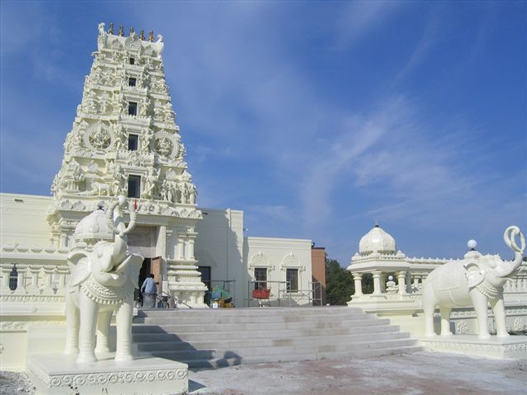
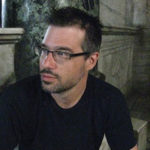
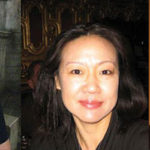

 Wednesday, April 17 7:00 p.m., Olin 101
Wednesday, April 17 7:00 p.m., Olin 101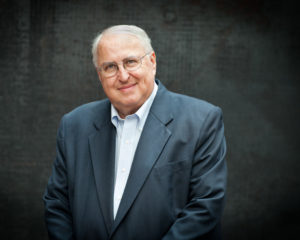

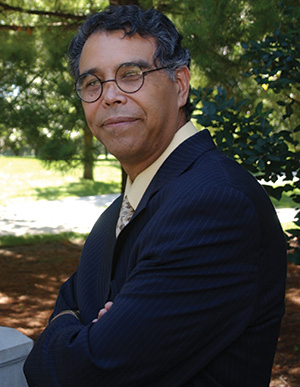
 Hector Avalos, Professor of Religious Studies at Iowa State University
Hector Avalos, Professor of Religious Studies at Iowa State University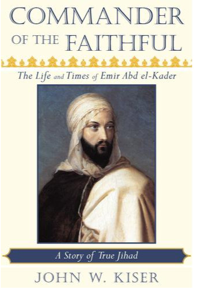

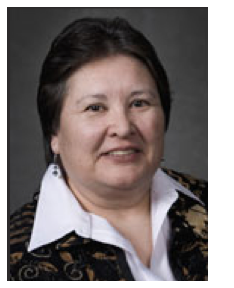
 Michelene Pesantubbee, Associate Professor of Religious Studies and American Indian Native Studies, University of Iowa.
Michelene Pesantubbee, Associate Professor of Religious Studies and American Indian Native Studies, University of Iowa.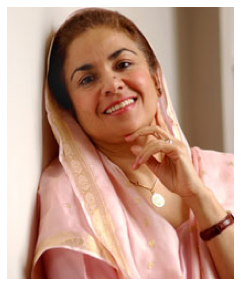
 Nikky-Guninder Kaur Singh, Crawford Family Professor of Religion, Colby College
Nikky-Guninder Kaur Singh, Crawford Family Professor of Religion, Colby College